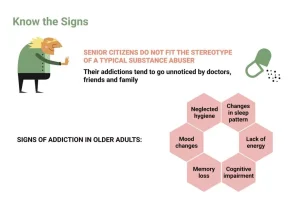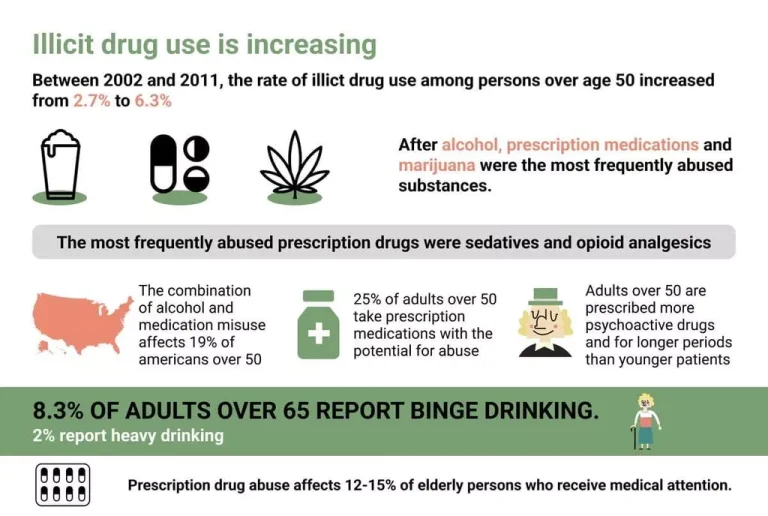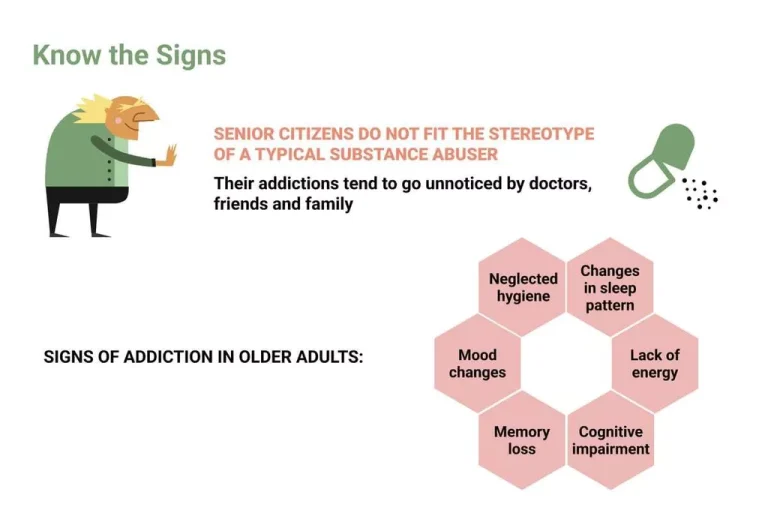According to research, dark liquors like bourbon and brandy contain higher levels of congeners, or the chemicals produced during the fermentation process that give an alcohol its distinctive taste, smell and color. Generally speaking, the more congeners an alcohol has, the worse the hangover is likely to be. But in general, it’s not the order of alcohol that determines Alcoholics Anonymous the severity of your hangover, says Marino. The only surefire way to prevent a hangover is to abstain from drinking, he says. And once you have a hangover, the only thing that will get you over it is time.
- See your healthcare provider if your sinus congestion persists or is accompanied by warning signs or symptoms, including wheezing, hives or facial pain, to rule out an underlying medical problem.
- If you suffer from alcohol intolerance, you’ll experience facial flushing, nasal congestion and other symptoms that might include rash, upset stomach, diarrhea, nausea, vomiting and headaches.
- They may experience a variety of symptoms on the skin, in the respiratory system, and in the digestive system.
- When you experience stress, your body releases hormones and chemicals, including histamine.
- However, if you have alcohol intolerance, you must talk to your doctor about which alcohols are best for you to drink.
- While alcohol can help you fall asleep faster, it has a negative effect on sleep quality and duration.
Alcohol allergy vs. alcohol intolerance
Some people with Hodgkin’s lymphoma experience pain after drinking alcohol. Hodgkin’s lymphoma is a type of cancer that can affect your lymphatic system. Many people with Hodgkin’s lymphoma develop enlarged lymph nodes. But in rare cases, they become painful after alcohol consumption.
Can you develop an allergy to alcohol later in life?
Typical symptoms include a runny nose and congestion, which might be accompanied by postnasal drip, headache and/or a dry cough. A person experiencing a severe allergic reaction should go to the emergency room immediately. If the allergic reaction is more severe, people may require epinephrine, also known as an EpiPen. A person with severe allergies should carry one with them at all times, in case of a serious allergic reaction. Occasionally, a doctor may ask a person to consume alcohol in a medical setting and observe any reactions or symptoms. If someone experiences a severe allergic reaction, they should go to the emergency room immediately.
Can you suddenly develop an alcohol allergy?
As we now know, alcohol intolerance is an issue with metabolizing alcohol — not an overzealous immune system. Sublingual immunotherapy has gained popularity as a convenient and effective treatment for various allergies, including those triggered by alcohol. SLIT works by gradually desensitizing the immune system to the allergen, reducing the severity of reactions. This treatment is especially beneficial for individuals with multiple allergies or those who find it challenging to avoid allergens entirely.
Then go to your nearest emergency department for follow-up care. The symptoms of histamine intolerance are similar to an allergic reaction. For example, potential symptoms include red and itchy skin, nasal congestion, shortness of breath, abdominal pain, and diarrhea.
- These findings were confirmed in a third study that demonstrated poor correlation between exhaled alcohol concentrations and BACs in patients with COPD and asthma (Honeybourne et al., 2000).
- These authors concluded that the use of ethanol as a carrier for inhaled drug formulations is unpredictable and potentially hazardous in asthmatics (Hooper et al., 1995).
Alcohol Vapor Characteristics in the Airways
- In this procedure, they will ask you to consume a sample of your suspected trigger.
- Your body holds on to the nutritive parts of what you eat and drink, but, otherwise, what goes in must also come out.
- An eight-fold change in TBM expression was simulated by 100 mM alcohol.
- In contrast, prolonged exposure to high concentrations of alcohol desensitizes airway cilia to external stimuli and impairs airway clearance of bacterial pathogens.
- Don’t hesitate to reach out and take the first step towards a healthier, allergy-free life.
- A subsequent study of 111 alcoholics and controls by Garshick found that lifetime alcohol consumption was a predictor of chronic cough and sputum production but not wheeze (Garshick et al., 1989).
Sulfites, which are preservatives found in wine and beer, can trigger allergic reactions, especially in individuals with asthma or sulfite sensitivity. Symptoms may include respiratory issues, hives, or digestive problems. If you suspect a sulfite allergy, consider consulting an allergist for testing and avoid alcohol with high sulfite content, such as red wine. Dilated blood vessels can cause inflammation and swelling in the nasal passages. In some people, drinking alcohol may also trigger an allergic reaction, which can cause sneezing and other symptoms. Airflow obstruction diseases continue to increase in prevalence and that chronic obstructive pulmonary disease (COPD) will become the third most common cause of death in the United States by the year 2020 (Mannino et al., 2003).
Alcohol and Allergies: Discover Their Surprising Connection
This “recycling” of alcohol vapor results in repeated exposure of the airway epithelium to high local concentrations of alcohol (George et al., 1996). In this manner, the epithelium of the conducting airways is continually exposed to ethanol during alcohol ingestion. However, some people do experience true allergic reactions after drinking alcoholic beverages.
Can Your Feet Swell Up From Drinking Beer?
About half of Japanese have inadequate ALDH2 activity and cannot effectively metabolize acetaldehyde. This results in facial flushing, wheezing and other undesirable side effects following the ingestion of modest amounts of alcohol (Gong et al., 1981). Bronchospasm following alcohol ingestion is well described in asthmatics of Japanese descent (Watanabe, 1991) and is closely linked to the ALDH2 genotype (Shimoda et al., 1996). Diseases of the conducting airways are extremely common with prominent examples including bronchitis, asthma and chronic obstructive pulmonary disease (COPD). does alcohol cause sneezing Although it is not widely recognized by many clinicians, alcohol has long been considered both a treatment and a cause for a variety of airway diseases. This review focuses on our current understanding of alcohol’s impact on airway functions based on clinical and experimental research.
Treatment
They may experience a variety of symptoms on the skin, in the respiratory system, and in the digestive system. If someone believes they have an alcohol allergy or intolerance, they should stop drinking alcoholic drinks and visit their healthcare provider for testing and advice. Having an allergy to alcohol itself is very rare, but it is fairly common for people who have other allergies or asthma to see an increase in their symptoms when they drink alcoholic beverages.





